Major research project will support UK’s energy transition
BGS will lead the new research project 'Managing the Environmental Sustainability of the Offshore Energy Transition'.
27/06/2022 By BGS Press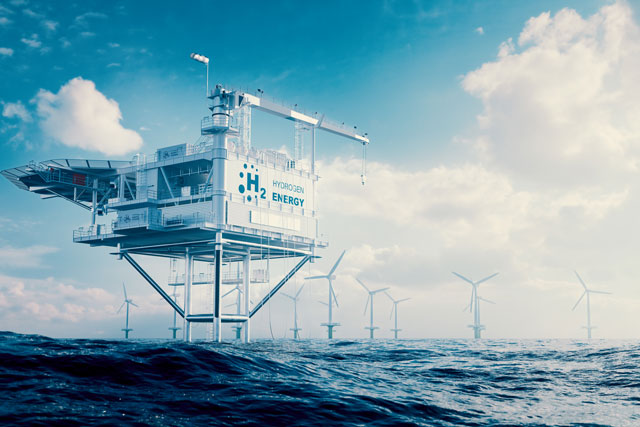
BGS is leading a major new five-year research programme to support the UK’s energy transition.
We will work with the Plymouth Marine Laboratory (PML) and the National Oceanography Centre (NOC) to deliver the £2.6 million programme ‘Managing the Environmental Sustainability of the Offshore Energy Transition’.
This project will assess the environmental sustainability of offshore wind, blue and green hydrogen, and carbon capture and storage for selected test areas of the UK offshore, and will develop solutions for planning the technology and infrastructure of the offshore energy transition. It will also assess public understanding and acceptance of those technologies.
Project partners include:
- Environment Agency
- National Grid
- The Crown Estate
- North Sea Transition Authority
This programme brings together the expertise in marine science at BGS, PML and NOC to deliver the UK’s first holistic study of the environmental and social impacts of the rapid expansion in offshore windfarms and subsurface storage of carbon dioxide and hydrogen.
Collaboration with our partners will ensure that our research supports the evidence-based decision making required to ensure the sustainable use of the sea bed as the UK transitions to clean forms of energy to meet its net zero targets.
Prof Emrys Phillips, programme lead at BGS.
The programme is one of six major research programmes to receive a total £47 million from the Natural Environment Research Council (NERC) to address some of the most critical environmental challenges facing the UK. BGS, together with research teams from other NERC research centres, will work collaboratively to better understand coastal flooding and erosion, greenhouse gas emissions, changes in biodiversity and other critical environmental issues.
Relative topics
Related news
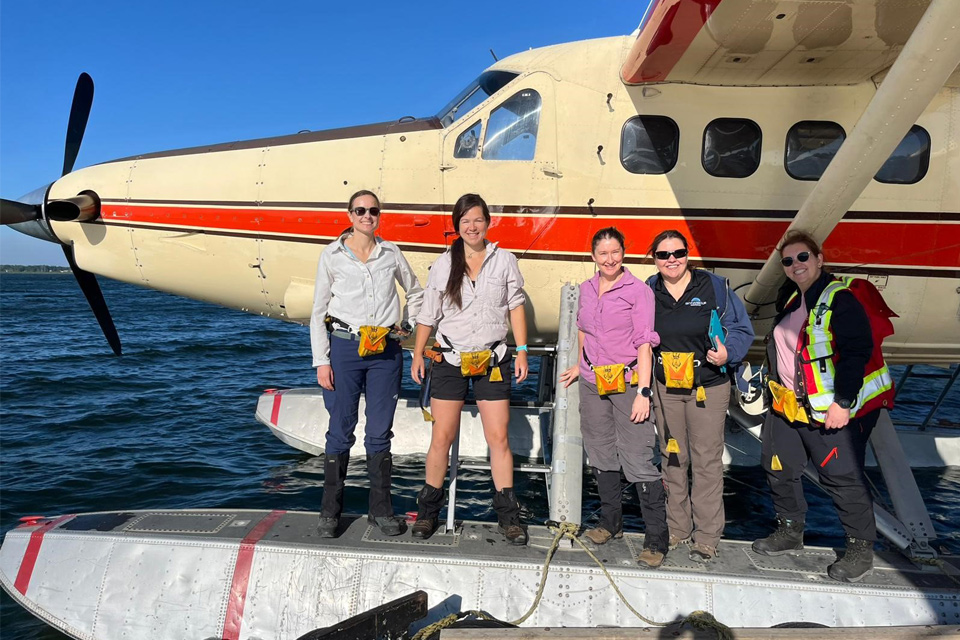
Funding awarded to UK/Canadian critical mineral research projects
08/07/2025
BGS is part of a groundbreaking science partnership aiming to improve critical minerals mining and supply chains.
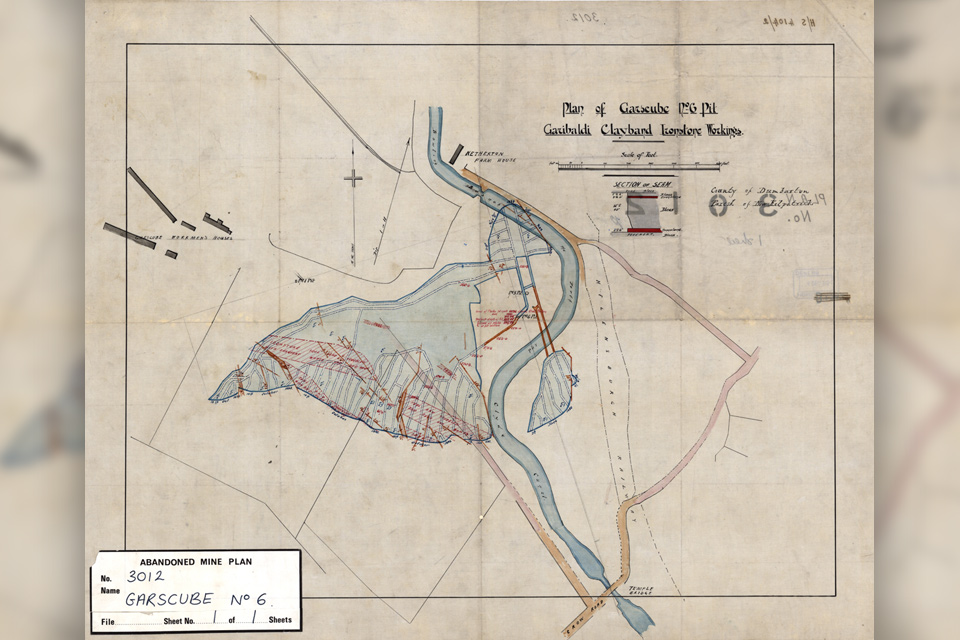
Release of over 500 Scottish abandoned-mine plans
24/06/2025
The historical plans cover non-coal mines that were abandoned pre-1980 and are available through BGS’s plans viewer.
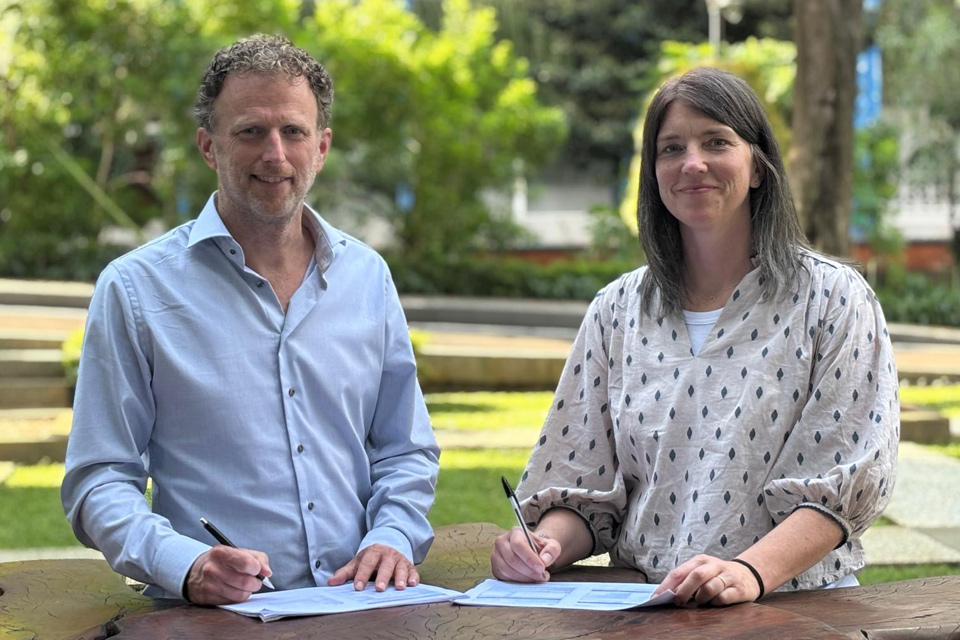
New collaboration aims to improve availability of real-time hazard impact data
19/06/2025
BGS has signed a memorandum of understanding with FloodTags to collaborate on the use of large language models to improve real-time monitoring of geological hazards and their impacts.
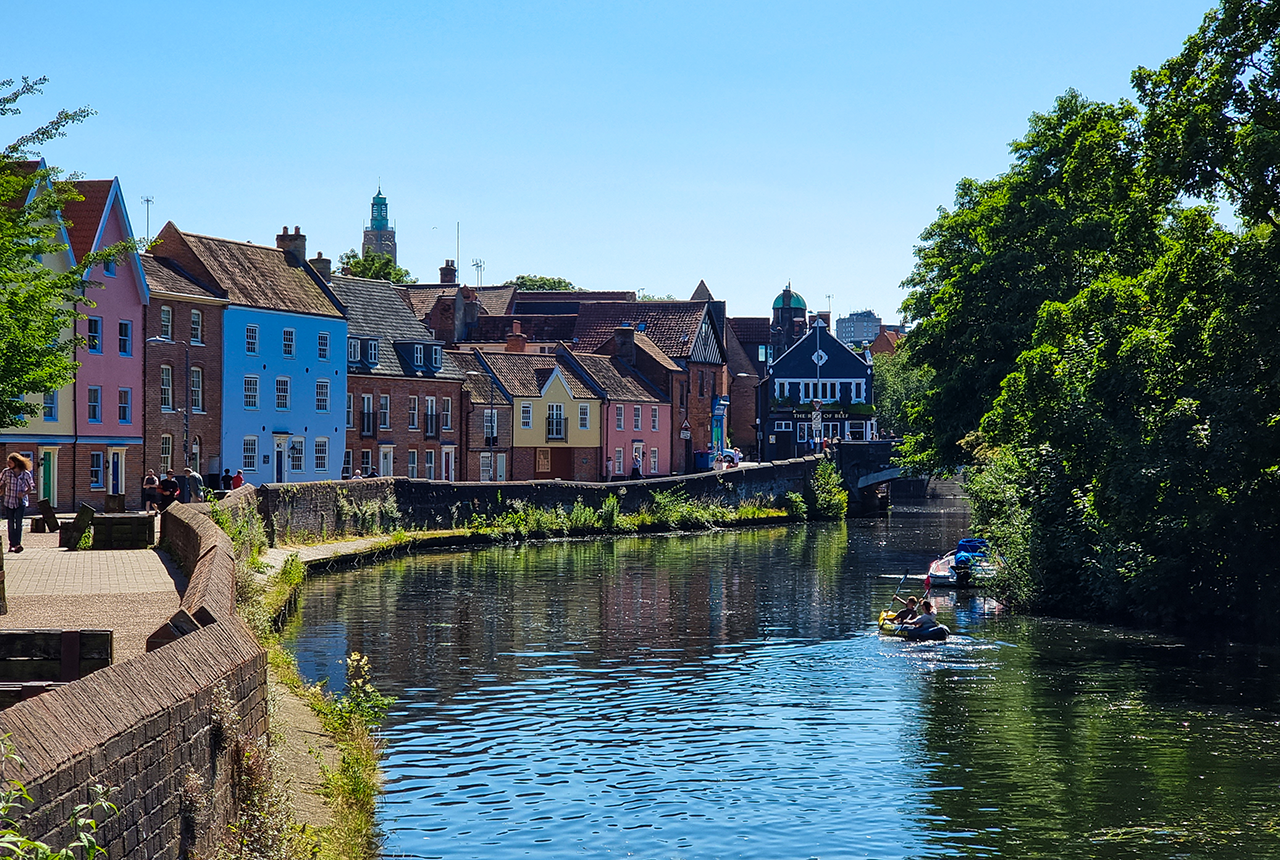
Modern pesticides found in UK rivers could pose risk to aquatic life
17/06/2025
New research shows that modern pesticides used in agriculture and veterinary medicines have been found for the first time in English rivers.

Goldilocks zones: ‘geological super regions’ set to drive annual £40 billion investment in jobs and economic growth
10/06/2025
Eight UK regions identified as ‘just right’ in terms of geological conditions to drive the country’s net zero energy ambitions.
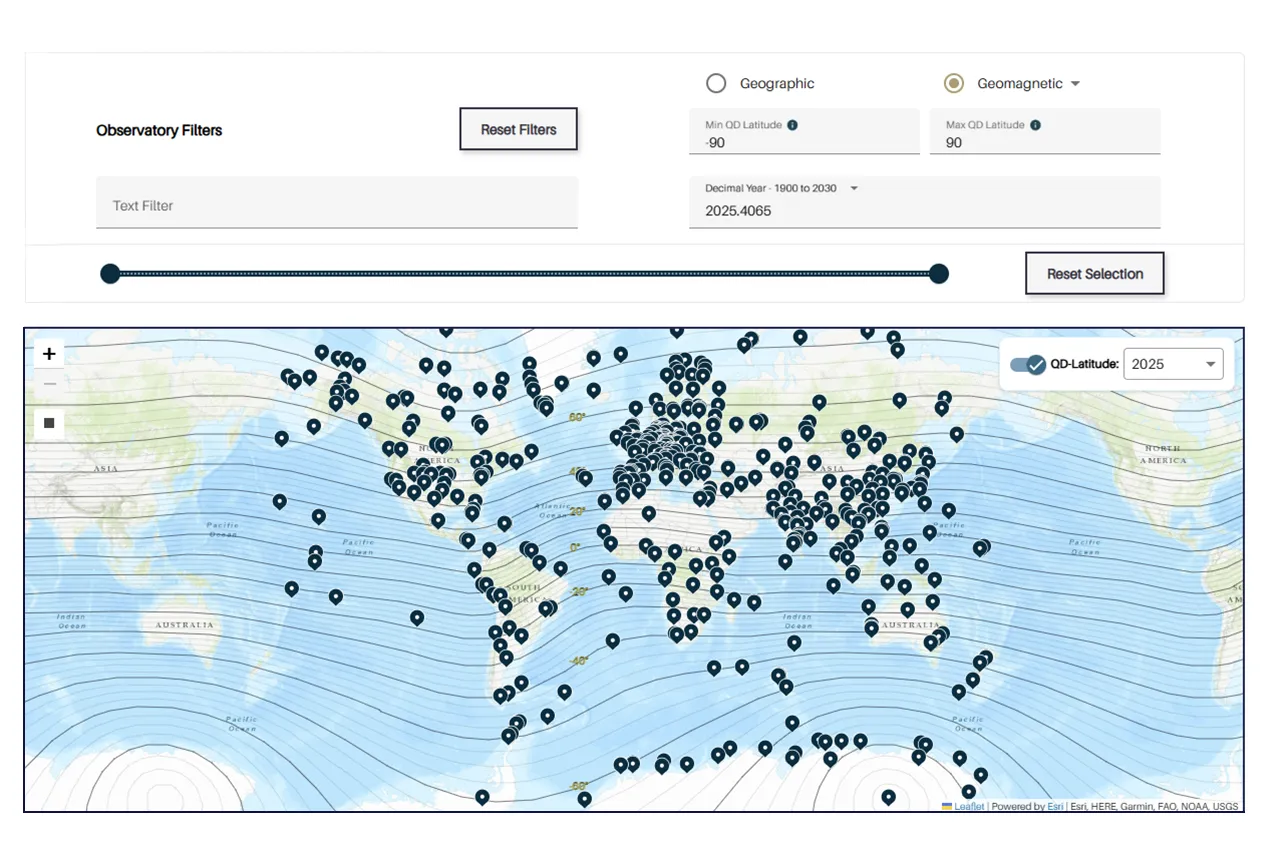
Upgraded web portal improves access to geomagnetism data
02/06/2025
BGS’s geomagnetism portal, which holds data for over 570 observatories across the world, has received a significant update.

BGS digital geology maps: we want your feedback
29/05/2025
BGS is asking for user feedback on its digital geological map datasets to improve data content and delivery.

What is the impact of drought on temperate soils?
22/05/2025
A new BGS review pulls together key information on the impact of drought on temperate soils and the further research needed to fully understand it.
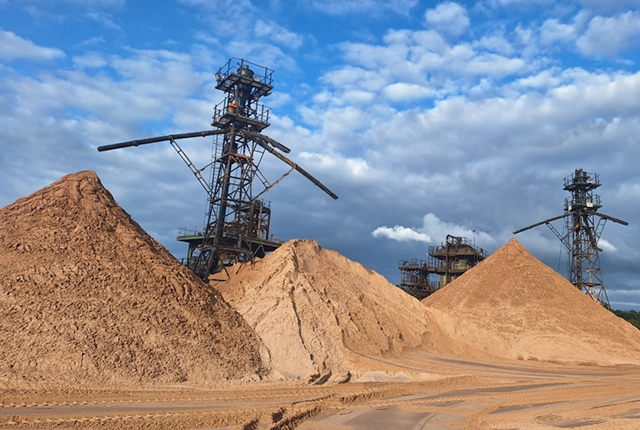
UK Minerals Yearbook 2024 released
21/05/2025
The annual publication provides essential information about the production, consumption and trade of UK minerals up to 2024.

BGS scientists join international expedition off the coast of New England
20/05/2025
Latest IODP research project investigates freshened water under the ocean floor.

New interactive map viewer reveals growing capacity and rare earth element content of UK wind farms
16/05/2025
BGS’s new tool highlights the development of wind energy installations over time, along with their magnet and rare earth content.

UKRI announce new Chair of the BGS Board
01/05/2025
Prof Paul Monks CB will step into the role later this year.


